Table of Content
Boosting your search engine rankings relies on creating high-quality content. But many marketers still wonder: What is the best content length for SEO? The ideal length can vary depending on your audience, topic complexity, and competition in your niche. In this comprehensive guide, we’ll delve into the details of blog post length, cover content marketing best practices, and provide helpful tips for finding the ideal SEO content length.
Why Content Length is Important for SEO Success?

While Google states that word count isn’t a direct ranking factor, research shows that longer content often ranks higher. Here’s why content length and SEO word count are essential for SEO:
- Comprehensive Content: Longer articles provide detailed answers, aligning closely with user search intent and establishing authority on the topic. This is especially beneficial in complex niches where users look for in-depth information.
- Keyword Optimization: Extended content naturally includes a variety of related keywords, enhancing topical relevance and allowing your content to rank for more search queries. This helps capture less competitive keywords, broadening your visibility.
- Backlink Potential: In-depth, valuable content is more likely to gain backlinks from other websites. These links boost your site’s credibility and authority, signaling to search engines that your content is trustworthy and relevant.
- User Engagement: Long-form content keeps readers on the page longer, improving metrics like dwell time and reducing bounce rates. Engaged users are more likely to share content, return for more, and explore your site, all of which benefit SEO.
Understanding these advantages highlights why content length, including SEO word count, is a key part of an SEO strategy. By creating content that meets user needs and search intent, you can improve your chances of achieving higher search engine rankings.
What is the Best Blog Post Length for SEO?

Determining the best blog post length for SEO depends on factors like your topic, target audience, and content strategy. However, research suggests that optimal blog length varies based on industry, user intent, and competition. Here’s a breakdown of ideal content lengths:
- Short-form content (300–800 words): Great for quick information like news updates, FAQs, or tips. It’s perfect for readers looking for fast answers.
- Medium-length content (800–1,500 words): Popular among bloggers, this length allows for detailed exploration without overwhelming readers. It’s ideal for answering questions thoroughly while maintaining readability and showcasing expertise.
- Long-form content (1,500–2,500+ words): Perfect for comprehensive guides, tutorials, or research articles. Long-form content ranks well for competitive keywords like “best SEO blog length” Articles between 2,100–2,400 words often excel in search rankings, offering plenty of opportunities for keyword integration and delivering value to readers.
By following these guidelines, content creators can craft posts that meet SEO goals and reader expectations, enhancing engagement and boosting search rankings.
Is Word Count Important for SEO Success?
Word count is an important factor in SEO, but it’s not the only one. While longer articles can improve search rankings, quality and relevance are key. A concise, well-written 1,200-word article can easily outperform a longer 3,000-word post if it better matches search intent and delivers real value.
Key Takeaway:
Combine a strategic SEO word count with depth and relevance to create content that resonates with your audience. Don’t inflate word count just to hit a specific number. Instead, focus on answering user questions comprehensively and providing valuable insights. Prioritize quality over quantity for effective SEO.
What factors Determine the Optimal Article Length for SEO?

Selecting the best article length for SEO requires considering several key factors that can impact your site’s performance:
- Search Intent: Grasping search intent is essential. Identify what users are seeking when they enter your targeted keywords. Are they looking for a quick answer or a detailed exploration of a topic? Understanding this intent will guide how thorough and expansive your content needs to be.
- Competition Analysis: Conduct a detailed analysis of your competition by reviewing the average word count of top-ranking pages for your keywords. If these pages average around 2,000 words, consider creating content of a similar or greater length to provide added value, positioning your content as a strong competitor in search rankings.
- Topic Complexity: The complexity of your topic significantly influences article length. Simple topics might require only 800 words, while more intricate subjects, with detailed explanations or multiple subtopics, may need 3,000 words or more to offer a comprehensive overview.
- Industry Standards: Each industry has its own content expectations. For example, technical blogs, which often tackle complex subjects, generally demand more detailed, long-form content for specialized audiences. In contrast, lifestyle or entertainment sectors often prefer shorter, visually engaging content.
- User Engagement: Longer posts, enriched with headings, images, infographics, and interactive elements, can boost reader engagement and keep them on the page longer, reducing bounce rates. Engaging content encourages further exploration within your site, enhancing user experience and signaling to search engines the value of your content.
How Does Blog Post Length Impact Search Intent?
Indeed, the ideal blog post length significantly depends on the type of content and its intended purpose. Recognizing the relationship between content length and search intent is essential for crafting effective posts:
- How-To Guides: How-to guides are often long-form due to their instructional nature, providing detailed step-by-step instructions and insights. Typically, these guides range from 1,800 to 2,500 words, enabling readers to thoroughly understand the process.
- Listicles: The length of listicles can vary depending on the depth and detail of each list item. They generally range from 1,000 to 1,500 words, offering concise sections that are easy for readers to digest while still providing value.
- News Articles: News articles are characterized by their brevity and directness, typically ranging from 300 to 600 words. These articles aim to deliver timely and straightforward information quickly.
Meeting user intent ensures that readers remain engaged with your content, which in turn signals to search engines that your material is valuable and worthy of ranking well in search results. Understanding the SEO word count appropriate for each type of content is critical to achieving high search engine rankings.
What Are the Best Practices in Content Marketing for Optimizing Length?
- Use Keyword Research Strategically: Conduct thorough keyword research to find high-impact keywords like words per page and article length for SEO. Incorporate these naturally to avoid keyword stuffing. Include related phrases and synonyms to broaden reach and improve visibility.
- Enhance Readability: Keep readers engaged by improving readability with clear headings and subheadings. Break content into sections, and use bullet points, lists, and visuals. This not only boosts engagement but also makes it easier for readers to find information quickly.
- Add Internal and External Links: Add links to relevant internal and authoritative external sites.
- Use internal links to guide readers to related pages on your website, increasing their time spent on your site and boosting SEO.
- Use external links to reputable sources to enhance credibility and add value, establishing your site as a reliable resource.
- Write for Your Audience: Focus on solving your audience’s problems rather than just hitting a word count. Address their pain points directly, which increases engagement and builds trust, fostering long-term relationships.
- Optimize Metadata: Create engaging meta titles and descriptions with terms like “best practices in content marketing” and SEO word count to improve click-through rates. Ensure metadata accurately reflects the content and entices users to click your link.
- Measure and Update: After publishing, regularly monitor metrics like time-on-page and bounce rate. Use insights to update content, keeping it relevant. Refresh with new information to ensure it stays valuable and performs well in search rankings.
How Can Rankonix Help You Achieve SEO Success with Content?
At Rankonix, we create SEO-optimized content tailored to your business goals. We start with in-depth keyword research to find the best opportunities and determine the ideal blog length for maximum impact. Our custom strategies align with your audience’s needs and industry trends, helping you stand out in a competitive market. With detailed performance tracking, we provide transparent reports and refine strategies to improve rankings and engagement consistently. Partner with us to boost your search engine visibility, connect with your audience, and drive real results.
What’s Next?
Ready to create content that ranks and engages?
The right content length can transform your blog into a traffic-driving powerhouse, and Rankonix is here to help you craft the perfect strategy. We leverage the latest SEO techniques and insights to ensure your content not only ranks but also captivates and converts.
📞 Contact us today or visit our website Rankonix to explore how our services can elevate your content marketing game. Whether you’re looking to boost your visibility, engage your audience, or dominate search engines, we’re here to guide you every step of the way. Learn more here!
FAQs
Q. How Does Content Length Impact SEO?
Content length is vital for SEO as it provides comprehensive information that answers user queries and enhances engagement, which can improve search engine rankings. Longer content typically includes more keywords, internal and external links, and detailed insights, all favored by search engines.
Q. What Is the Best Content Length for SEO Success?
The optimal content length for SEO depends on the topic and industry, but research shows that blog posts with 1,800–2,400 words often perform best. Focus on quality, user intent, and the right SEO word count rather than just increasing word count.
Q. How Do I Determine the Right Article Length for SEO?
To find the ideal article length for SEO, analyze competitor content and match your content to search intent. Use tools like SEMrush to identify the average word count for top-ranking articles in your field, ensuring you achieve the optimal SEO word count.
Q. Does Longer Content Always Improve SEO?
Not always. While long-form content can help rank for specific SEO keywords, relevance and depth are crucial. A concise, well-crafted article can outperform a lengthy, less relevant one, regardless of SEO word count.
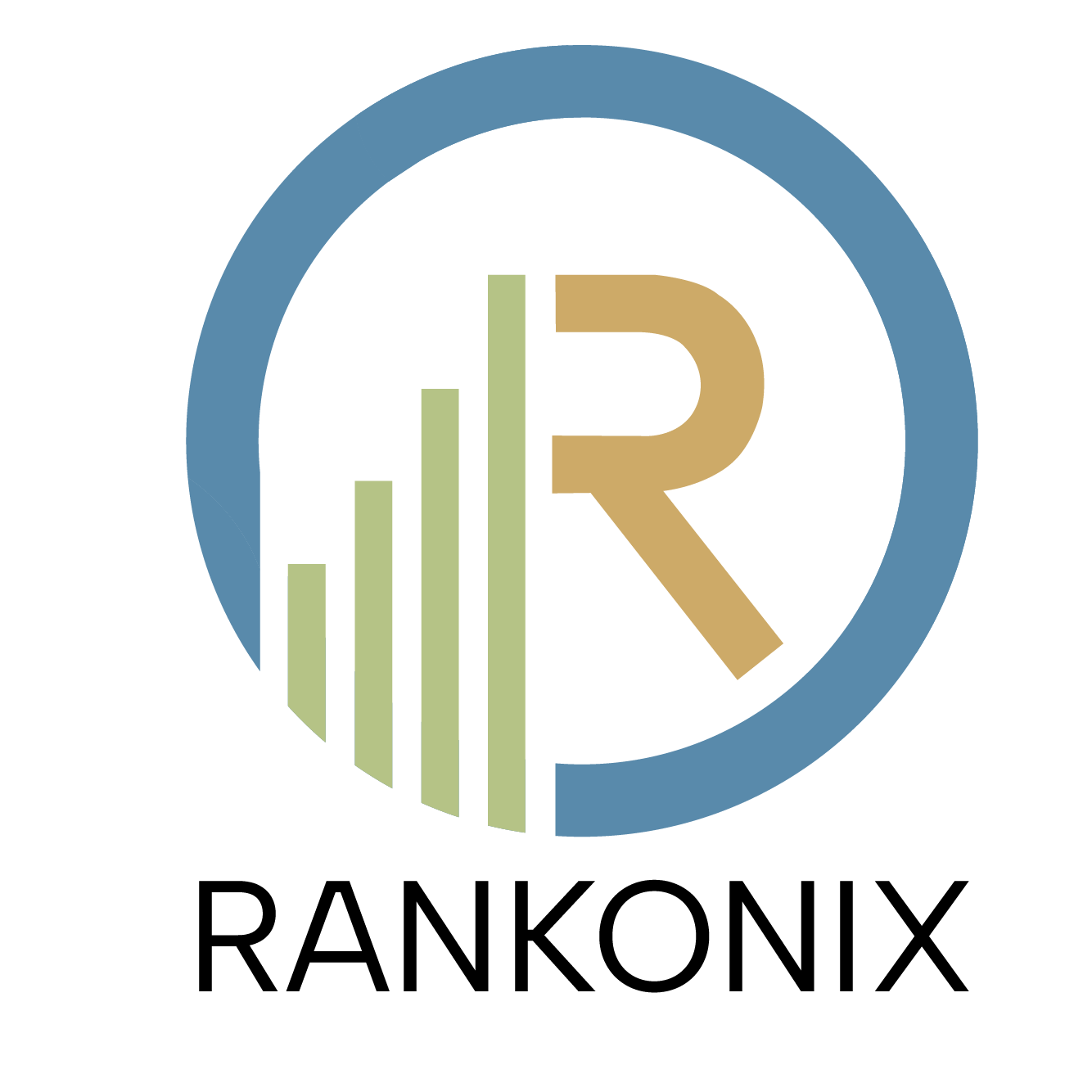

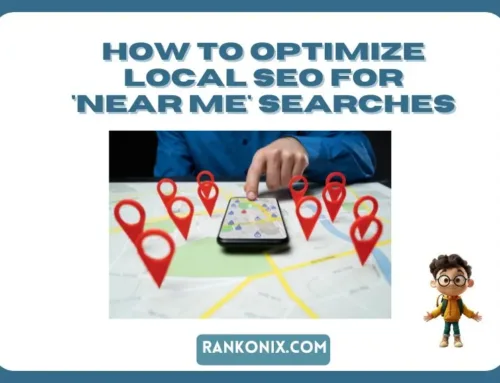

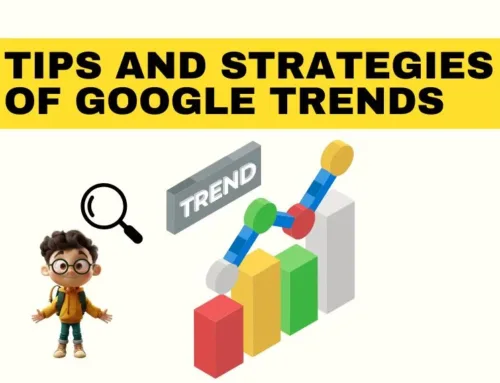

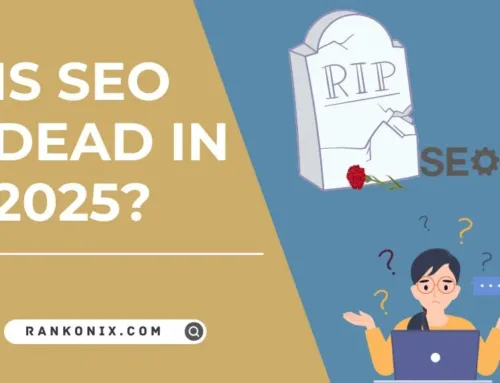

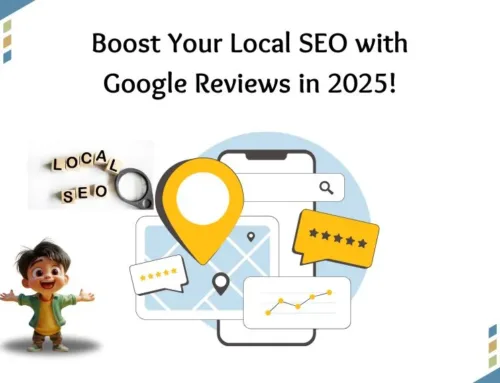
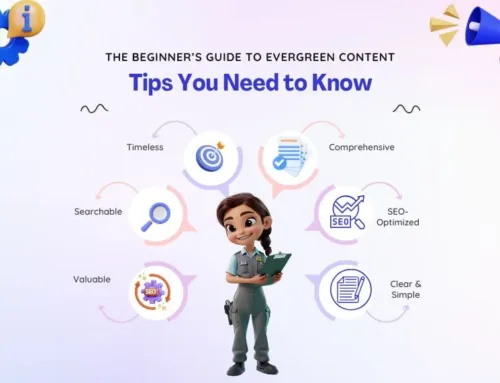
[…] filler. By balancing detail with clarity, you can boost user engagement and improve your SEO strategy rankings. Remember, content that is both informative and easy to read performs best on search […]
[…] 5. Create High-Quality, Engaging Blog Content […]
[…] Content Creation and Curation […]
[…] Step 10: Perform a Competitor Analysis to Enhance Your SEO Strategy […]
[…] whose credibility is uncertain. For example, if you reference a lesser-known website or cite a new article, using the nofollow attribute ensures you’re not passing authority […]
[…] Engagement with Effective Content Length and […]